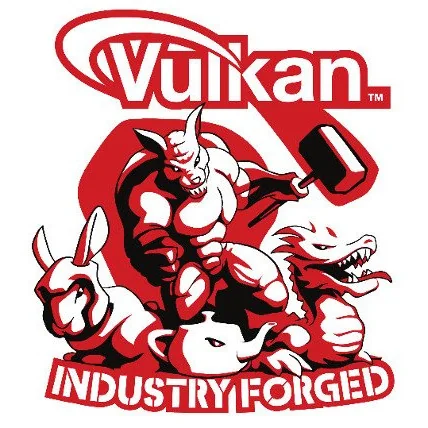NVIDIA Continues To Be Involved With Making Vulkan More Appropriate For Machine Learning

Vulkan machine learning is being worked on for functionality like NVIDIA's DLSS, bots, character animations, and other functionality that can be tailored to machine learning in high frame-rate applications. There's also the benefit of Vulkan being an industry standard unlike CUDA and friends.
Machine learning can already be done today with Vulkan by using compute shaders or making use of various compilers that will generate optimized SPIR-V code in return. The Vulkan machine learning technical sub-group is working to improve the machine learning capabilities via new extensions and other improvements. Besides NVIDIA, there is AMD, Broadcom, Samsung, Intel, Qualcomm, Google, and the other usual suspects involved.
One of the extensions introduced earlier this year that helps in NVIDIA's machine learning field is VK_NV_cooperative_matrix, which was added to Vulkan 1.1.101. The VK_NV_cooperative_matrix extension allows for Turing's tensor cores to be exposed for Vulkan/SPIR-V usage and accelerating matrix multiplies. UNIT8/SINT8 support for this extension is coming soon.
More details on the Vulkan machine learning work can be found via this slide deck (PDF) by NVIDIA's Piers Daniell and his SIGGRAPH 2019 video embedded above.
3 Comments

